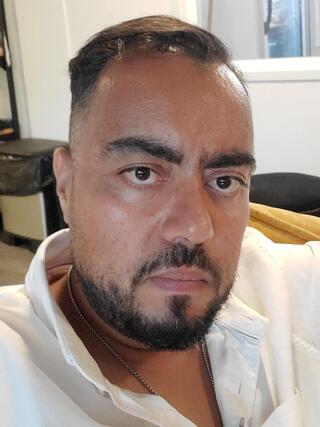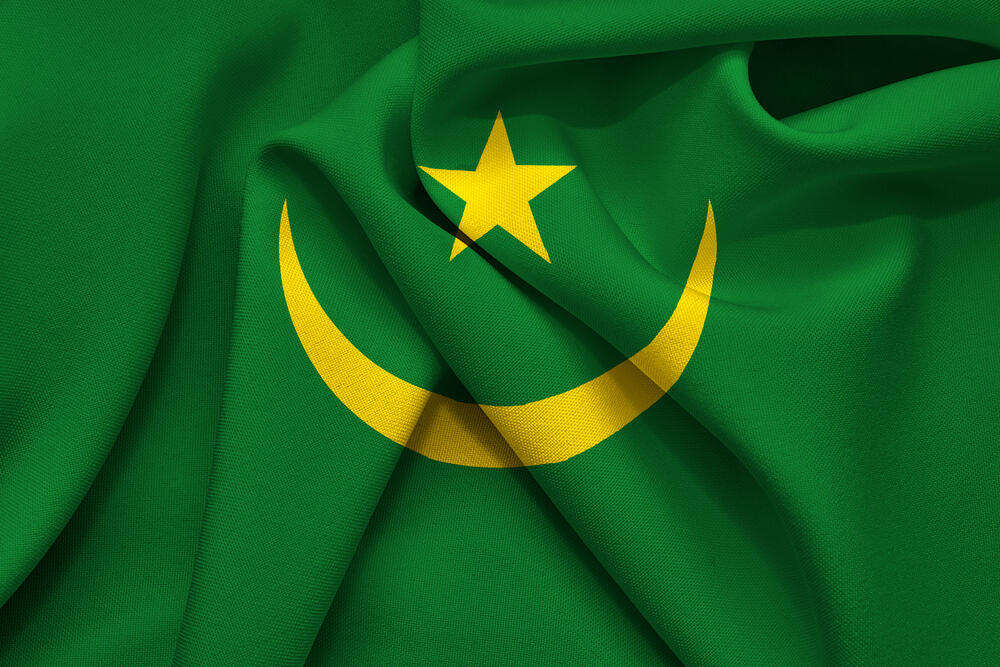In a world where allies are either collapsing or cozying up to China and Russia, the United States has a rare gem quietly holding the line against terror and chaos in the Sahel: Mauritania. This desert nation, often overlooked in international headlines, is rapidly becoming a frontline state for American strategic interests in West Africa—and Washington should be paying very close attention.
Surrounded by some of the world’s most unstable countries—Mali, Algeria and Senegal—Mauritania has done what few others in the region have managed: hold firm. As the Sahel crumbles under the weight of jihadist insurgencies and a wave of military coups, Mauritania stands out not just for surviving, but for stabilizing. While Mali, Burkina Faso and Niger have all embraced juntas and Russian mercenaries, Mauritania is charting a different path—a path that leads toward the West.
This isn’t an accident. It’s the result of a years-long strategic recalibration that has made Mauritania one of the most quietly effective counterterrorism partners the United States has in Africa today. Since the early 2010s, the Mauritanian government has overhauled its military, reformed its intelligence apparatus and pioneered a radical approach to deradicalization—actually talking to and reintegrating former jihadists instead of simply killing them. The results speak for themselves. While neighboring states drown in bloodshed, Mauritania has avoided major terror attacks for over a decade.
Behind the scenes, this transformation has had U.S. fingerprints all over it. Through partnerships like the Trans-Sahara Counterterrorism Partnership and joint training missions like Flintlock, American forces have quietly helped Mauritania build one of the region’s most capable militaries. But the U.S. has yet to recognize just how valuable this partnership really is. While aid to the region has often been reactive—spiking only after crisis erupts—Mauritania represents a rare opportunity to play offense: to build a democratic, stable and pro-Western anchor in a region drowning in anti-Western sentiment and foreign influence.
This is where American interests come into sharp focus. Mauritania isn’t just a good partner—it’s becoming the last viable partner. With countries like Mali openly rejecting U.S. aid and inviting Wagner mercenaries onto their soil, the window for American influence in the Sahel is closing fast. And as the U.S. administration grapples with a multipolar world where the line between democracy and autocracy is increasingly blurred, Mauritania offers a surprisingly clear case for engagement. Here is a Muslim-majority country pushing back against extremism, seeking stronger ties with the West and—critically—committing to democratic values at a time when most of its neighbors are doing the exact opposite.
Just last year, Mauritania took a bold step that received little international attention but should set off alarm bells in Washington—in a good way. The country officially joined the Global Partnership for Information and Democracy, becoming the 55th nation to sign on to this international initiative promoting press freedom, access to reliable information and the fight against disinformation. In a region where information vacuums are exploited by jihadists, autocrats and foreign actors, this is a massive step forward.
 Amine Ayoub
Amine AyoubAnd make no mistake: the war against terrorism today isn’t just fought with drones and rifles—it’s fought with narratives, with social media campaigns, with online radicalization videos. By joining this partnership, Mauritania isn’t just pledging to protect free speech—it’s declaring war on the propaganda machines that fuel extremist violence and foreign meddling. This is a fight the United States is already waging globally. Mauritania just volunteered to help lead it in Africa.
That move didn’t come from pressure. It came from principle. And it signals that the U.S. has something rare in foreign policy—a willing, values-aligned partner that doesn’t just take American aid but shares American goals.
Get the Ynetnews app on your smartphone: Google Play: https://bit.ly/4eJ37pE | Apple App Store: https://bit.ly/3ZL7iNv
Yet, somehow, Mauritania continues to be under-prioritized in U.S. foreign policy circles. Maybe it’s the lack of drama. Maybe it’s the absence of a coup or a full-blown insurgency that draws media clicks. But if Washington is serious about preserving influence in Africa and defeating terror groups before they metastasize, it must stop reacting to failure and start investing in success.
What’s at stake isn’t just regional stability—it’s the credibility of the West in the global fight against extremism and authoritarianism. If Washington fails to recognize Mauritania’s value now, it risks losing one of the last remaining footholds in a region increasingly tilting away from democratic allies. But if it steps up—doubling down on security cooperation, investing in democratic institutions and supporting press freedom through initiatives like the Information and Democracy Partnership—it can help turn Mauritania into a model for the rest of the Sahel.
- Amine Ayoub is a policy analyst and writer based in Morocco.



